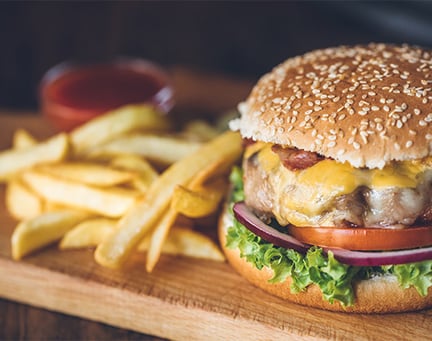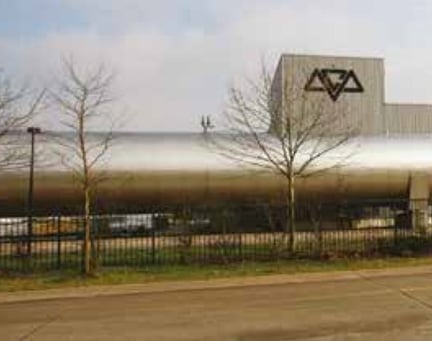As the world begins to open up, Global Technical Director, Kimberly Carey Coffin explores the risks facing food safety and supply chains, urging organisations to prepare for a second wave of disruption which has already begun.
Just over 18 months ago, the world changed abruptly, as the COVID-19 pandemic tightened its grip on life as we know it. Day to day freedoms disappeared and essential workers became heroes, keeping the world safe, healthy, fed and watered as most of us stayed at home.
Today, the world feels like a very different place. As vaccines are rolled out, there is growing optimism of a return to normality. For organisations working in critical supply chains and in particular food supply, now isn’t the time to take our eyes off the road ahead. There are already clear indications of continuing and new risks to manage with three distinct areas to consider: people, culture and risks & controls.
For organisations working in critical supply chains and in particular food supply, now isn’t the time to take our eyes off the road ahead.
People
Whether your organisation had to furlough, manage the impact of COVID outbreaks or is experiencing the need to add staff to meet increased demand, these challenges all have knock-on impacts on food safety. So too do changing attitudes to the world of work. Many people have refocused their priorities, chosen a new career or returned to their home country, for example.
As you ramp up resources, how do you ensure that the people you’re bringing into, or back into, your organisation understand what is expected of them? Are you ready to handle training at scale, to refresh competency or start from scratch? If not, have you considered the long-term implications for your brand, reputation and ultimately, product safety?
Culture
The culture within any organisation is more than a feeling. Yes, it is a sense of belonging but it also defines how your people behave, their shared beliefs and the values that make your brand unique. When culture fails it has consequences for the entire operation. A strong food safety culture was critical to organisations as they managed the disruption of the first wave and will continue to make a big difference - having the right people with a clear understanding of their role and empowered to play their part in delivering safe food will enable companies to meet new and emerging demands on safe, high-quality supply.
Risks & controls
There are two elements to consider when thinking about the risks companies face and the controls in place to manage them. Eighteen months ago, organisations had to make quick decisions across many areas, prioritising essential goods and services to keep production running and critical supply chains moving. Now as the shape of consumer demand changes again and the last mile to the consumer expands, similar decisions regarding sourcing and staff must be made, but there are additional external factors adding further complexity and risk - like global shipping disruption and a lack of drivers to move goods by road. The vast majority of organisations will have to work even harder to meet new demands.
A consumer view
Whether managing people, culture or risk, the impact is ultimately felt by consumers. Can’t get drivers? Deliveries don’t reach supermarkets or hospitality venues and the risk of mishandling and waste rises. New teams working in a food production plant? Is the quality of your product in spec or at risk due to cutting corners to satisfy demand? Empty shelves, reduced menus? You can see my point.
The question then, is what can we do about it? How can safe and exacting standards be maintained across the entire supply chain?
The question then, is what can we do about it? How can safe and exacting standards be maintained across the entire supply chain?
Put simply, the answer is focus. Focus on people, culture and adherence to risk management controls. Being sure that there is no compromise on the essentials that make your organisation everything it stands for. Give your people the skills they need to perform in their roles. Ensure that they understand that doing the right thing when no one is watching is valued. Verify that controls in place to manage food safety risks are effective and remain fit for purpose, as circumstances and demand shift.
Management systems and methods of working must be dynamic; review the lessons learned and take the time to challenge new as well as pre-pandemic ways of working, identifying vulnerabilities to product safety and making sure your management system captures them.
Finally, be rigorous. In many parts of the world, the reliance on a ‘point in time’ audit as the ultimate test of systems and practices has been disrupted. As markets re-open, we will see a return to on-site, independent audits by third parties against international standards. Being audit ready is one thing, but to be truly rigorous systems and practices need to be ‘always on’.
As economies and commerce recover, there is much debate about the ‘new normal'. Across our sector, focus and rigor will demonstrate to consumers, stakeholders and supply chains alike that the food industry is ready to tackle the second wave head-on and make the highest standards business as usual.







